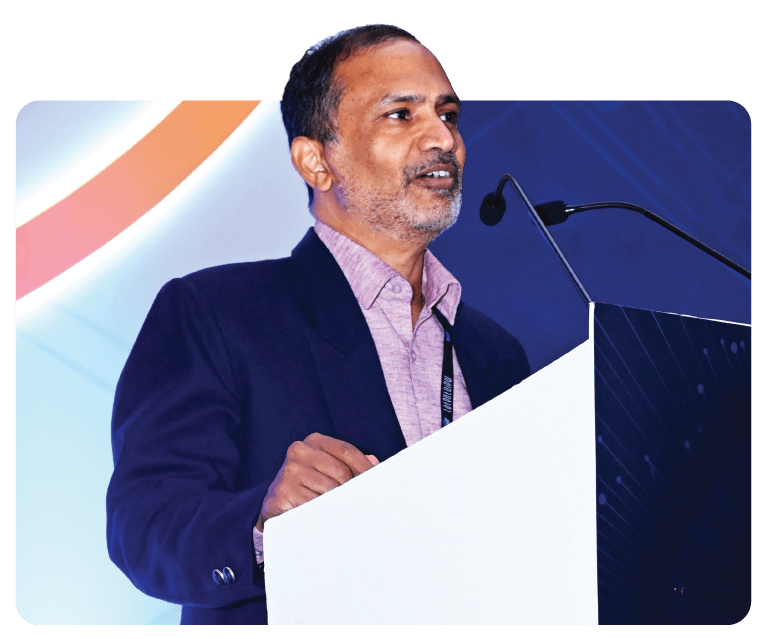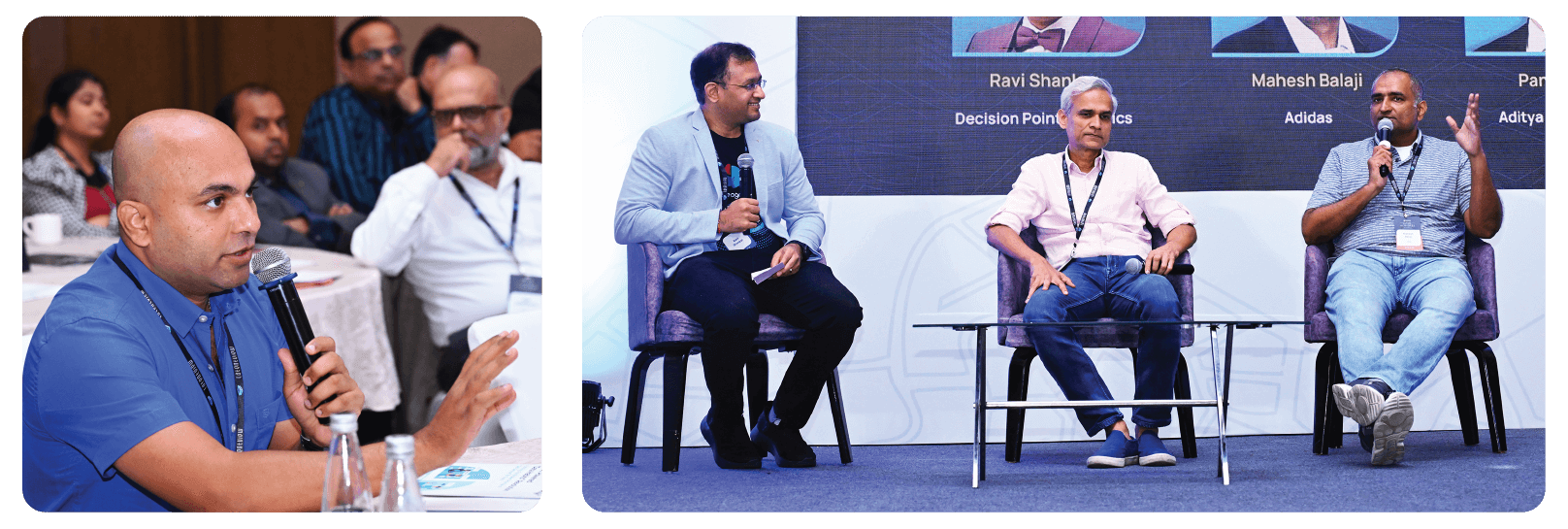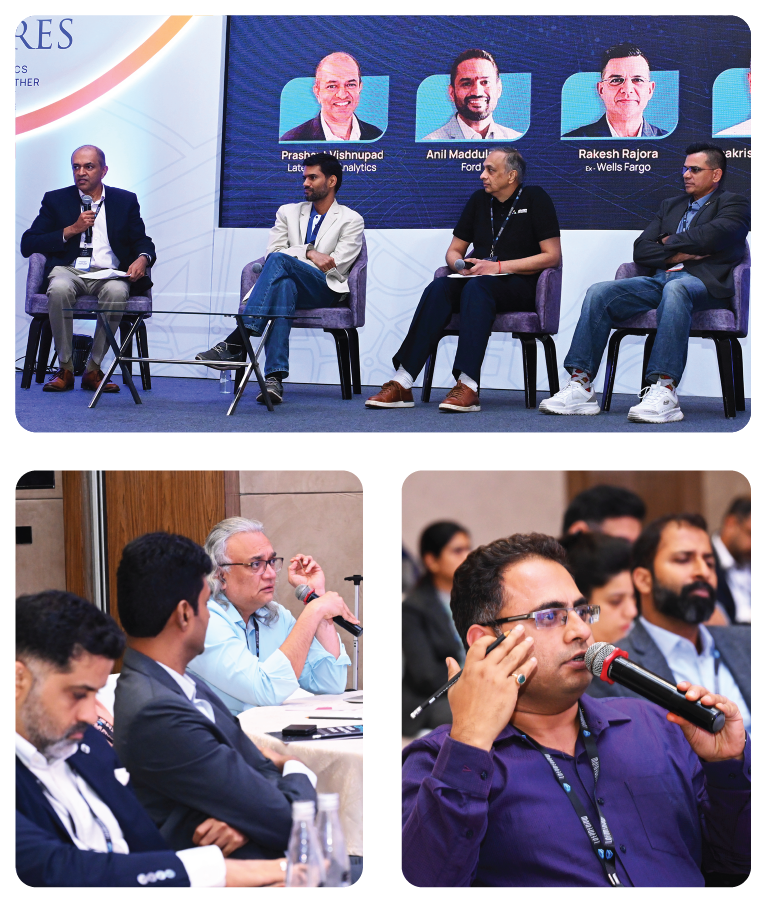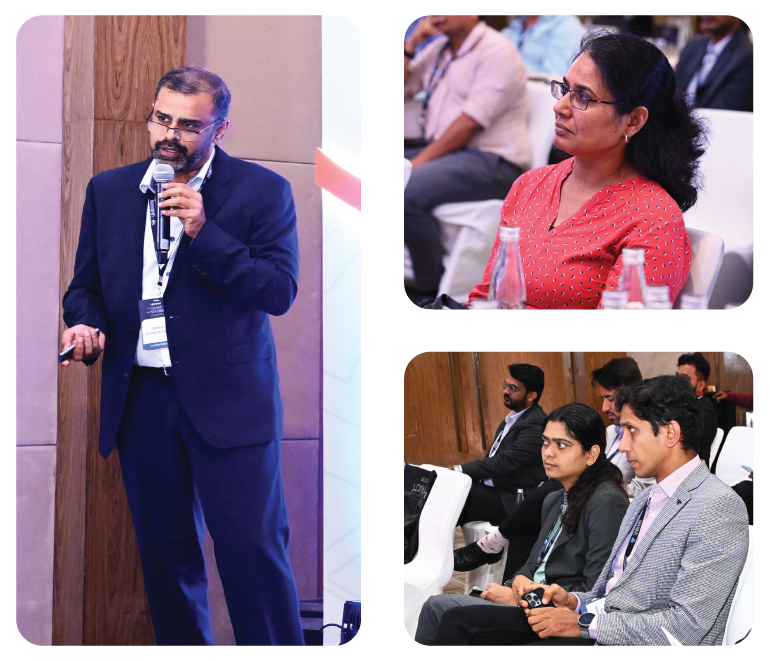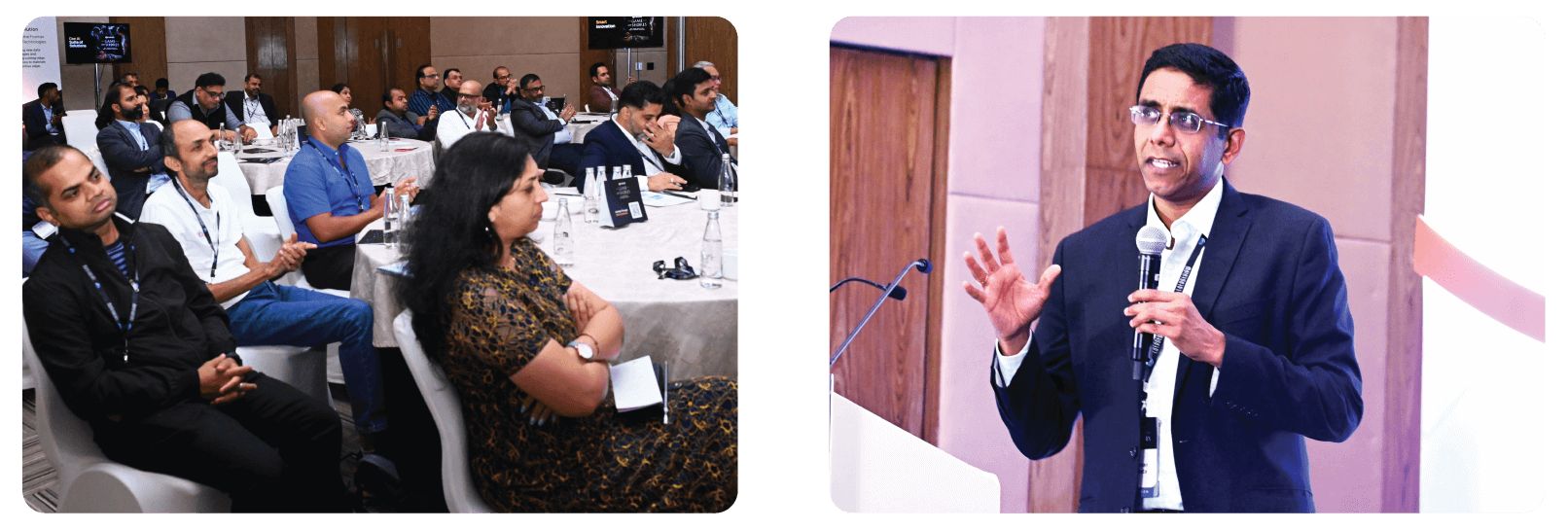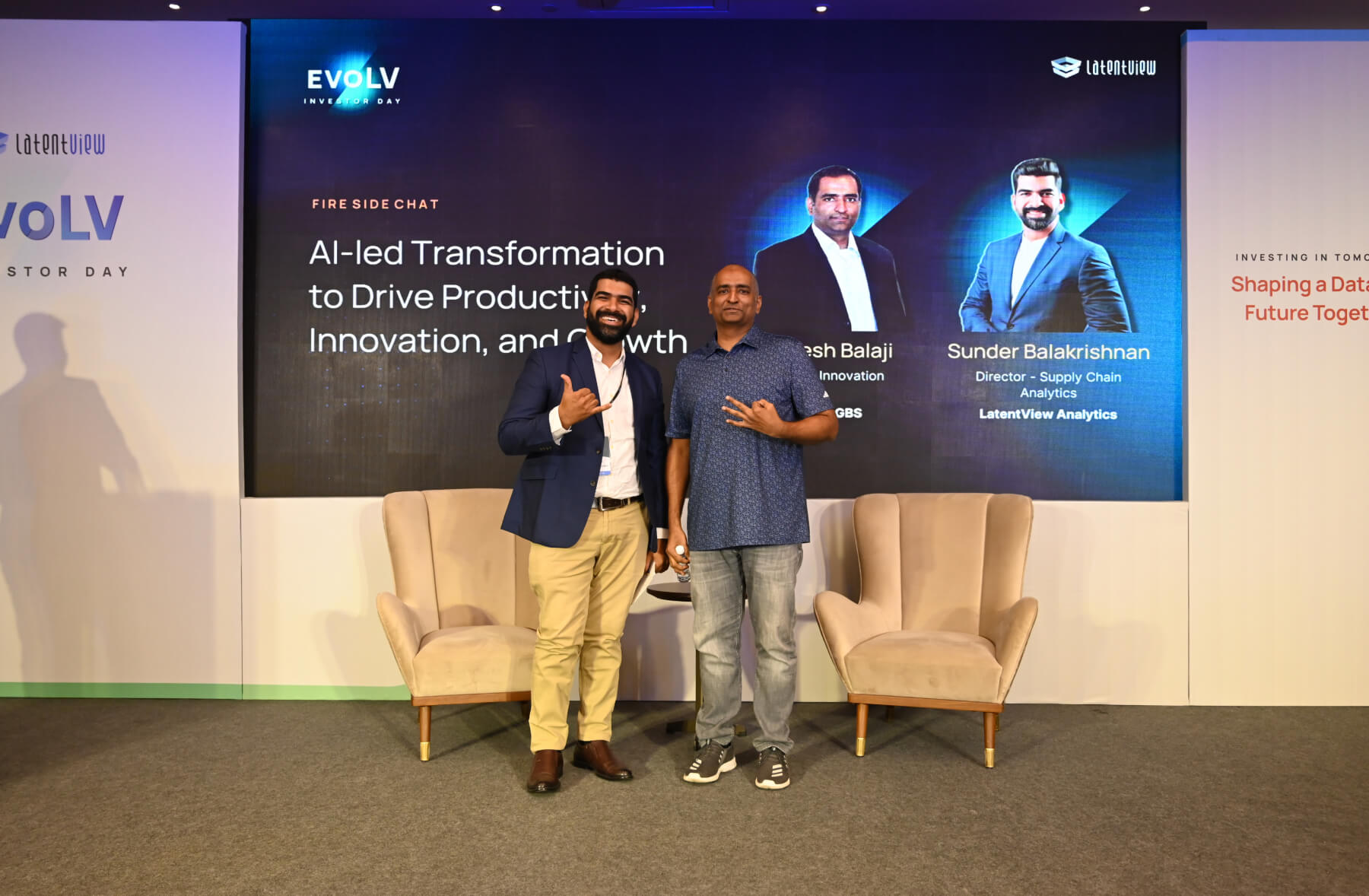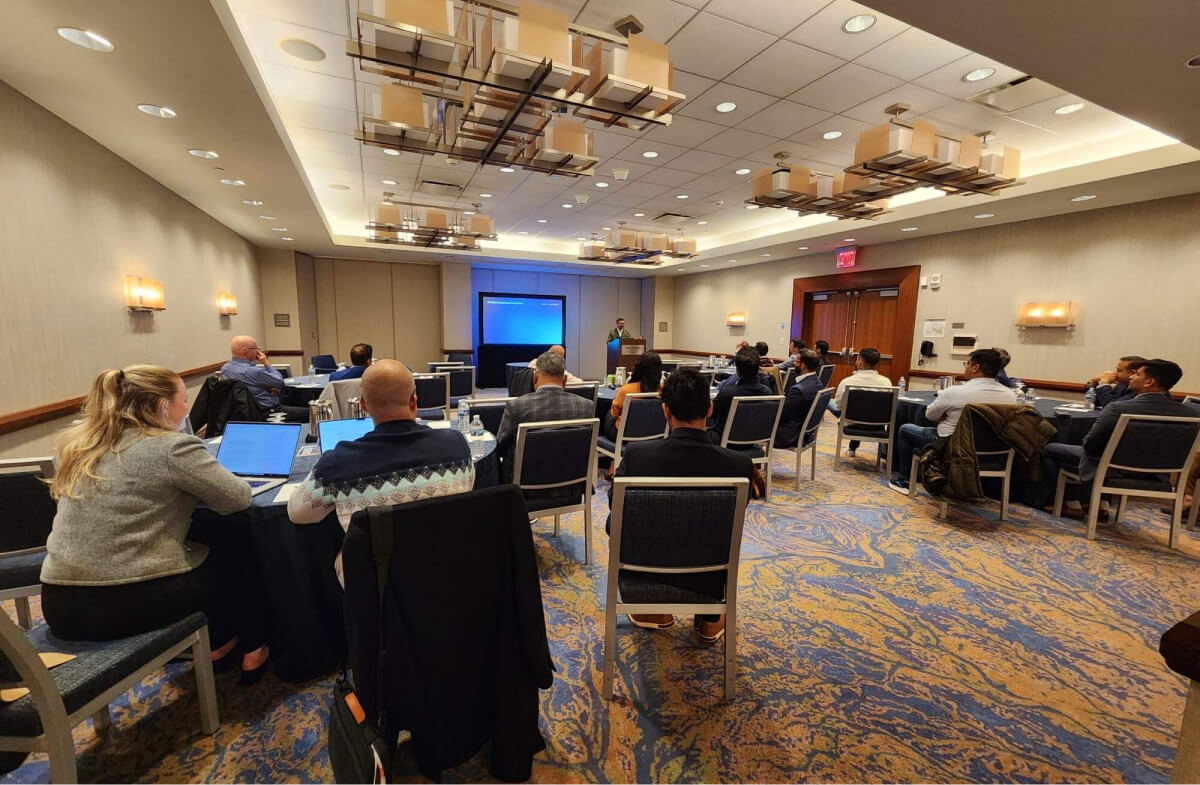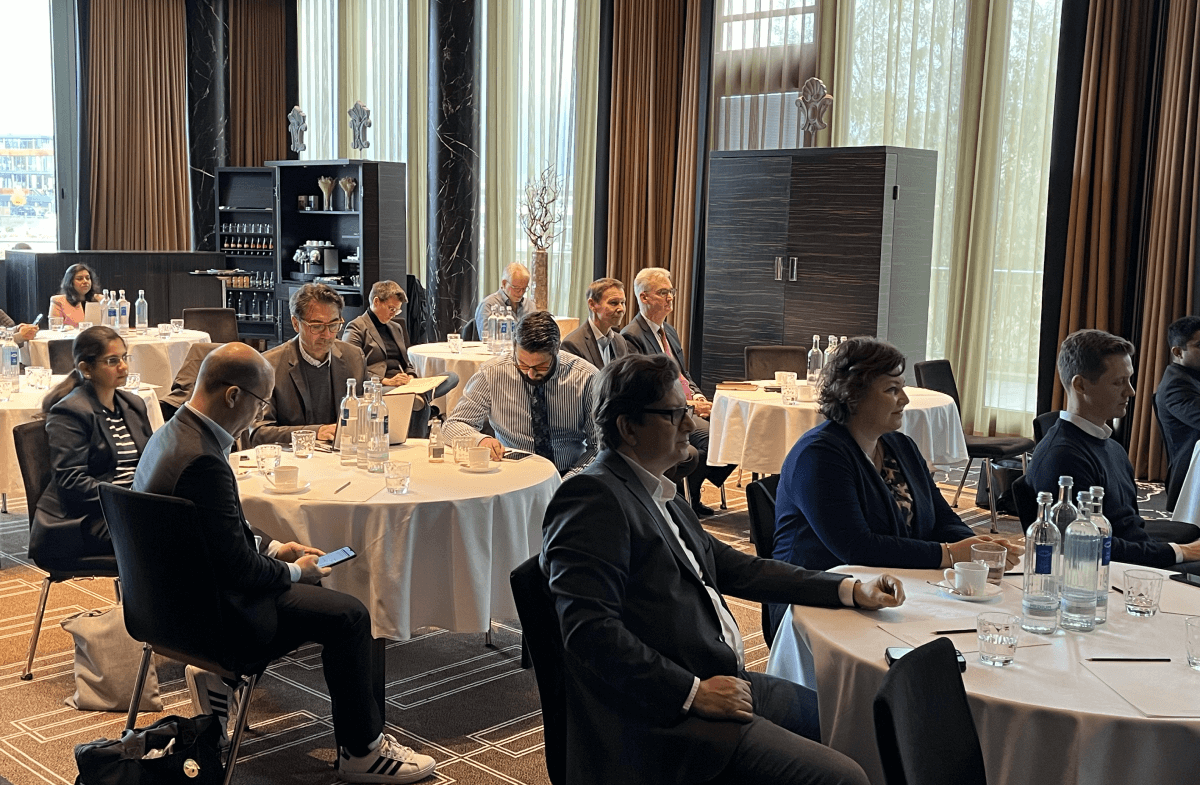
AI Risk & Reward: Navigating the Business Landscape
Location: Dusseldorf
On November 14, 2024, business and AI leaders gathered at the Hyatt Regency in Düsseldorf for LatentView’s exclusive event—AI Risk & Reward: Navigating the Business Landscape. The event centered around AI’s potential benefits and risks, particularly in light of the newly enacted EU AI Act, which aims to regulate and guide AI development across Europe.


